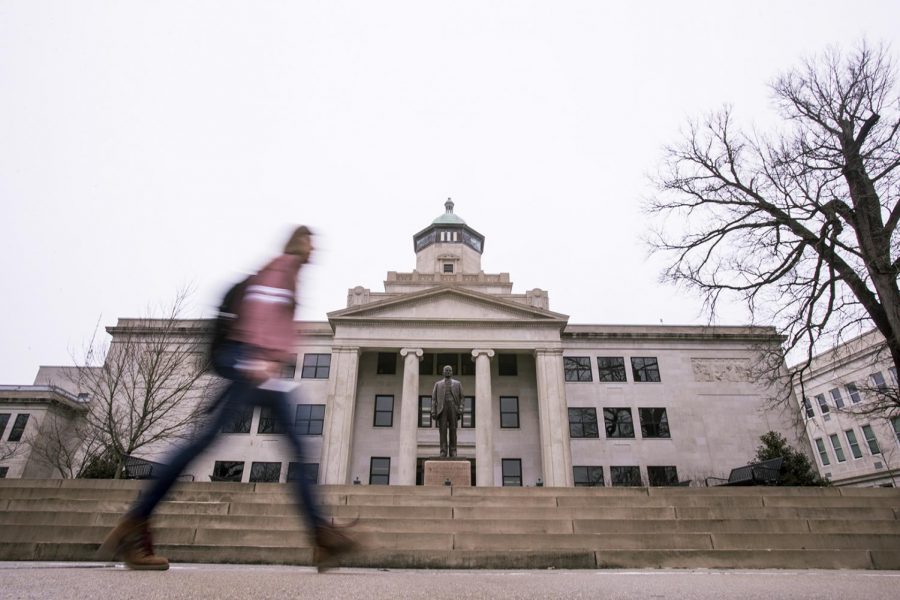New study ranks WKU low in racial equity analysis
September 26, 2018
WKU received an “F” grade in a new study by the University of Southern California Race and Equity Center examining racial equity at colleges and universities in all 50 states, as well as two “B”s and one “C.”
The study looked at 506 public, four-year postsecondary institutions which more than 900,000 African-American undergraduate students attend. The schools are graded in four categories: representational equity, gender equity, completion equity and student-to-faculty ratios.
WKU received a “B” in representation equity, which measures Black student enrollment to reflect representation among 18- to 24-year-old citizens in that state. According to the report, 9.7 percent of students at WKU are Black, while 10.6 percent of 18 to 24 year olds in Kentucky are Black.
The only Kentucky university scoring above WKU in representation is the University of Louisville, whose Black student enrollment is 11.1 percent. Following WKU with the next highest is the University of Kentucky, with 7.8 percent.
WKU also received a “B” in gender equity, which is measured by the proportion of Black women’s and Black men’s enrollment in the undergraduate student population compared to the national gender enrollment distribution across all racial and ethnic groups.
WKU received a “C” in Black student-to-Black faculty ratio, which is 35-1, according to the report. Every other Kentucky university received either an “A” or a “B”, ranging in ratio from 30:1 to 12:1.
WKU and the University of Kentucky both received an “F” in completion equity, which measures the extent to which black students’ six-year graduation rates match overall six-year graduation rates. At WKU, the Black student graduation rate is 32.3 percent, according to the report. The overall graduation rate is 50.6 percent.
To improve Black student graduation rates, the study points to research indicating that high school preparation, affordability, financial aid and high levels of engagement inside and outside of classrooms strongly influence college completion.
“Giving institutions the resources they need to strategically address longstanding racial inequities must be among state and federal policymakers’ highest priorities,” the report states.
The study also discovered that Black students drop out of college because of the racism they frequently encounter on campus.
“Once institutions have data about how Black undergraduates differently and specifically experience the racial climate, various stakeholders across campus must begin to strategically address students’ encounters with racial microaggressions, racist stereotypes, erasure in the curriculum, and overt forms of racism,” the report states in its recommendations to universities on how to improve its equity.
The overall equity index is measured in the report by GPA-style grades. WKU’s equity index is 2.00. The statewide equity index score is 2.36.
Kentucky was .81 points behind Massachusetts, the highest-scoring state in the report. The University of Louisville tied for first with Massachusetts College of Liberal Arts and the University of California-San Diego, each of which received an equity score of 3.50.
























